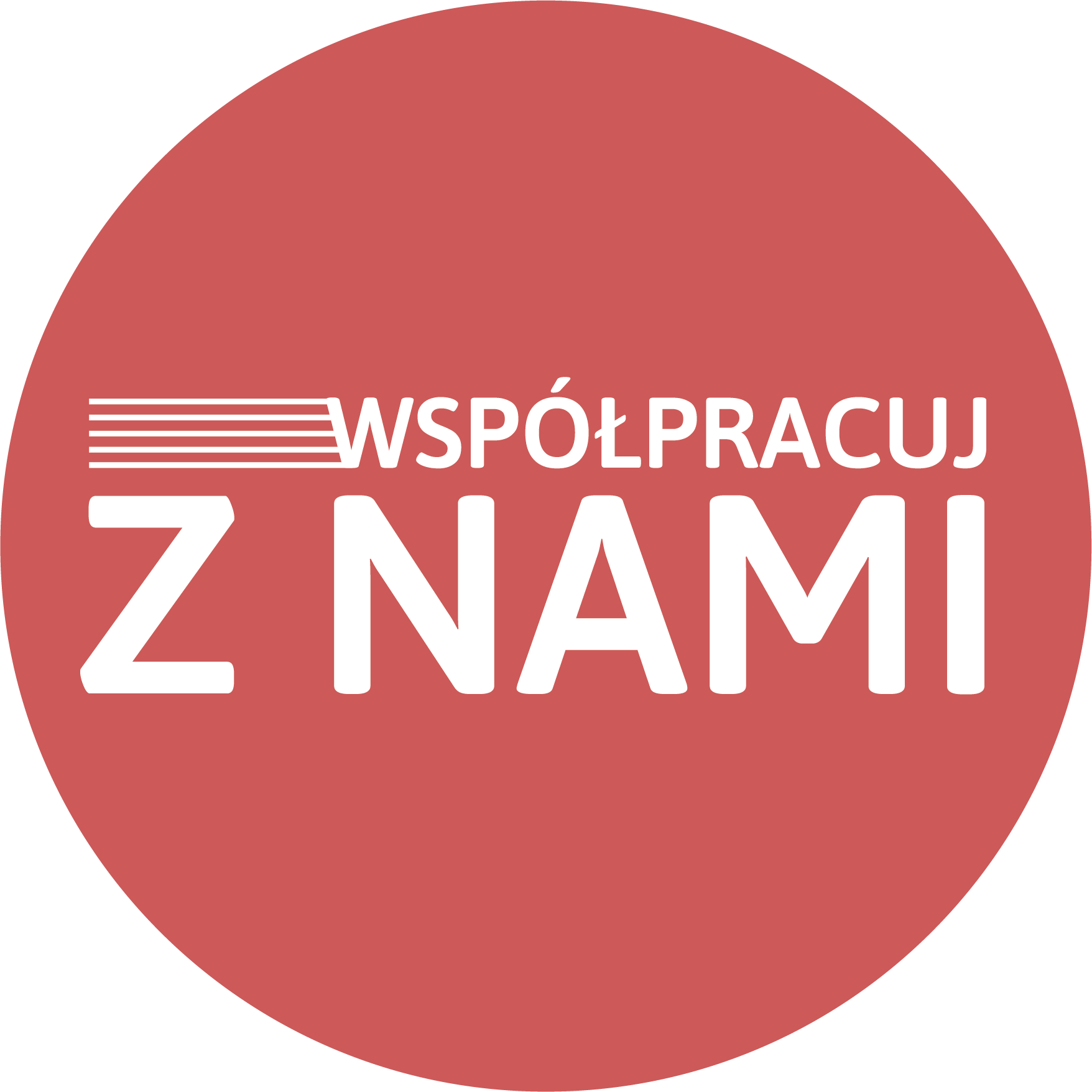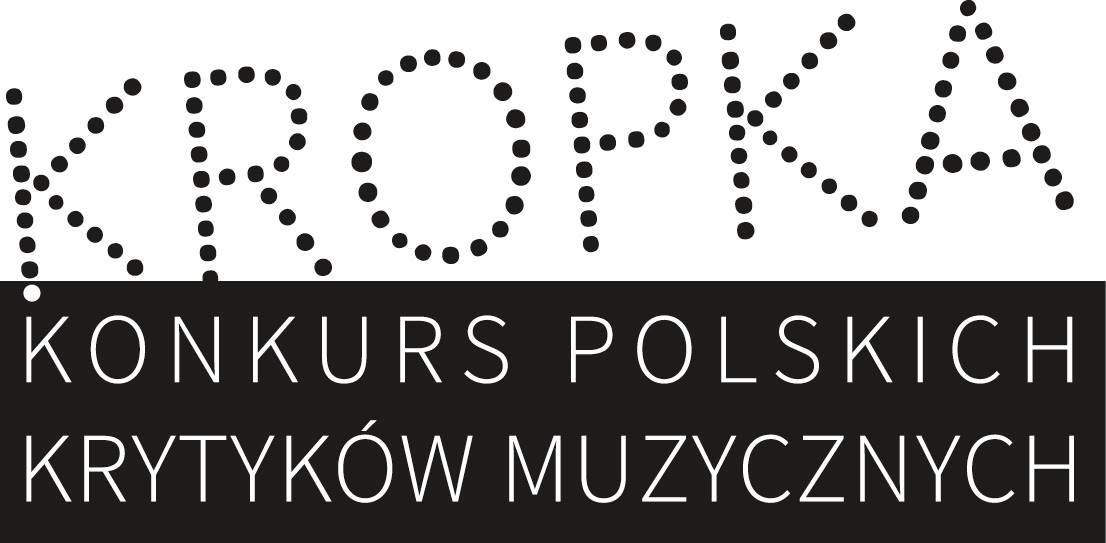Anna Kruszyńska: Your repertoire is wide: from Bach to contemporary composers. How does crossing of periods and styles influence you?
Mihkel Poll: Different repertoire gives different insights to music, enriches musical understanding. Playing varied composers, especially at a young age, helps you to find out what suits you and what does not so much.
A.K.: You also play pieces by contemporary Estonian composers, such as Helena Tulve and Arvo Pärt. Have you ever discussed with them the issue of interpretation of their works? How can you benefit from such conversations?
M.P.: I have had artistic discussions with both of the composers mentioned. For example when playing Helena Tulve’s „Südamaa” for piano and orchestra we had thorough discussions with the composer about musical and also technical issues – in that piece the pianist has also to perform inside the piano. This kind of advice from the composer certainly helps the artist to understand the music better.
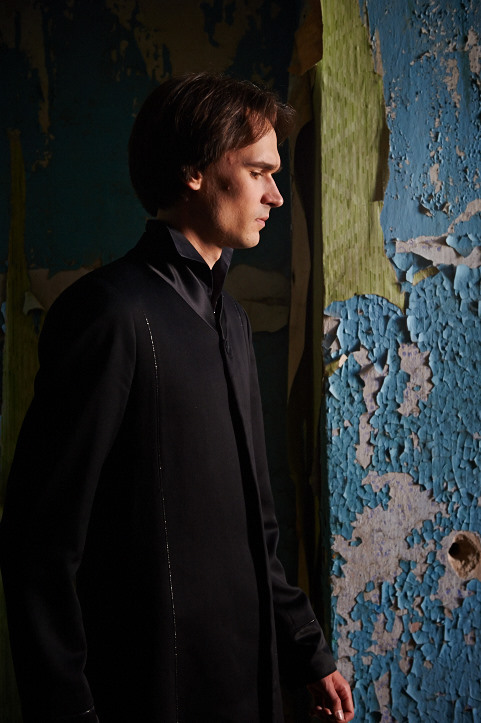
Mihkel Poll, fot. Kaupo Kikkas
A.K.: In 2014, you gave a premiere performance of the Piano Concerto by Helena Tulve, who dedicated this work to you. Has such a dedication been a burden for you while working on this piece?
M.P.: Of course you take it very seriously when a composer dedicates a work to you. But I think that instead of a burden it was much more of an advantage to have the chance to talk things through with a composer in person.
A.K.: Would it be possible for you to play a piece – dedicated to you – which you by no means feel?
M.P.: I believe one can still find some contact with music even if he does not like the piece very much. Professional skills help to survive…
A.K.: Do you see any new trends in pop music? Are you interested in entertainment music? If so, what do you like to listen to?
M.P.: I have to admit I am not very interested in contemporary pop music. I do appreciate if something is done on high standards and artistic commitment. I remember going to Tina Turner’s concert as a youngster and it was really a powerful experience.
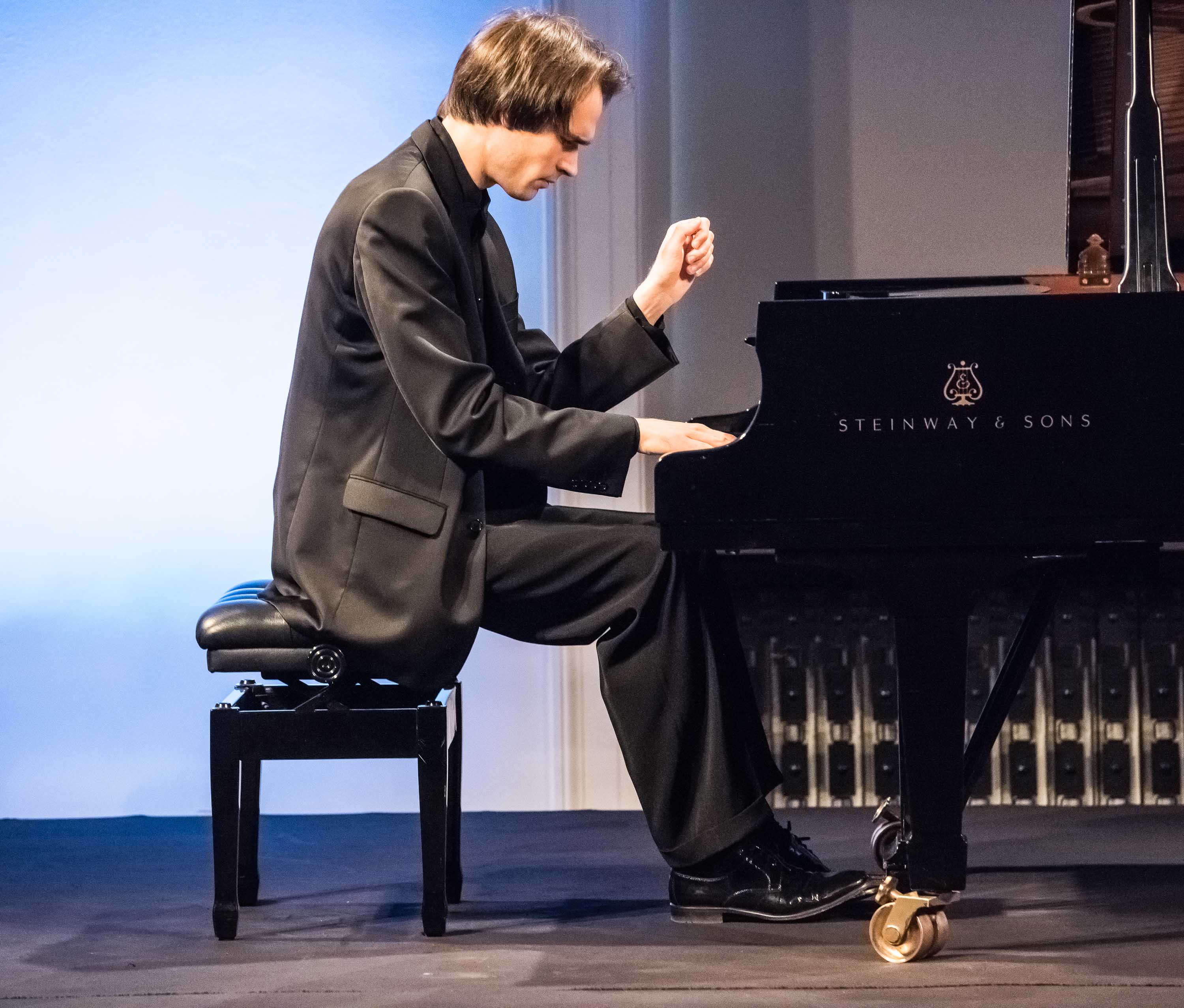
Mihkel Poll, fot. Serwis Orkiestra Sinfonia Varsovia
A.K.: I found some information that you are working on your doctoral thesis and studying with Professor Ivari Ilja.Could you tell us – in short – what this work is about?
M.P.: I am studying at the doctorate program in Estonian Academy of Music and Theatre with Professor Ivari Ilja. He is a unique person and artist and one of the most distinguished accompanists for singers in the world. It is a real privilege to be able to play to him. My thesis concerns interpretational analysis based of my experiences with contemporary piano concertos. The supervisor for the thesis is a renowed musicologist Professor Kristel Pappel.
A.K.: How – in your opinion – is the experience connected with work on a doctoral thesis helpful in musical development?
M.P.: Verbalizing things, also musical problems, can help to clarify them. Musicological point of view is always helpful for an interpreter.
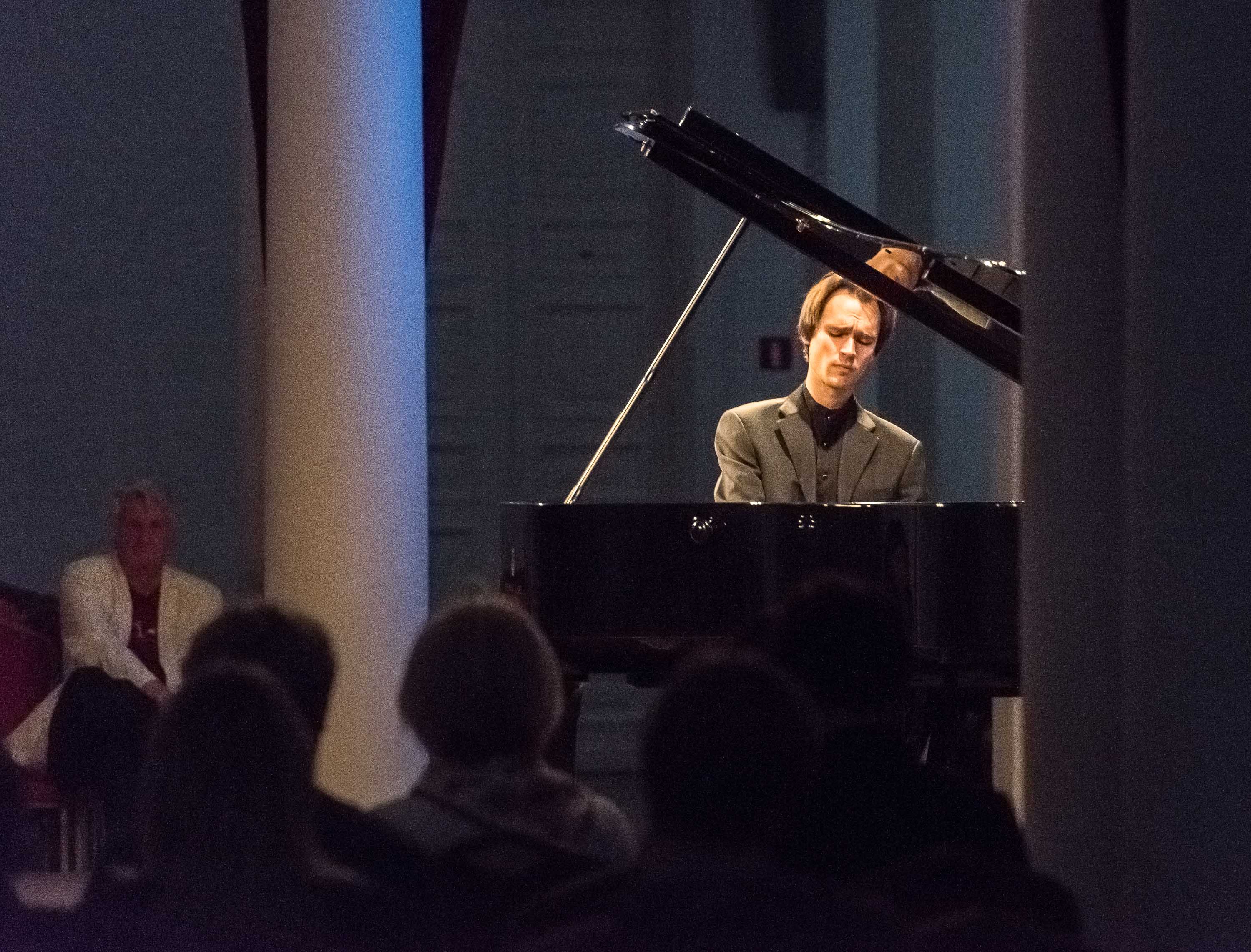
Mihkel Poll, fot. Serwis Orkiestra Sinfonia Varsovia
A.K.: Japan has just recently decided about eliminating humanities and social studies from university curriculum. Are you not afraid, that perhaps one day a decision might be made about eliminating artistic studies, because they are useless from the technological point of view?
M.P.: The world does tend to move into very rational direction but I would like to believe that people will always have the need to express feelings through beauty – to have art in their lives.
A.K.: You are a prize-winner of many prestigious music competitions. Have you discerned in them any interesting formula which is particularly noteworthy? Or perhaps you have your own idea how rivalry – an imminent part of such events – should be modified?
M.P.: It is useful to participate in competitions both for professional development and also career-wise. The most important is to maintain the focus on the music and not to let the competitions become a purpose in themselves. There are always rumors about corrupted juries and bad results but it is better to keep distance from these and treat the competitions as philosophically as possible.
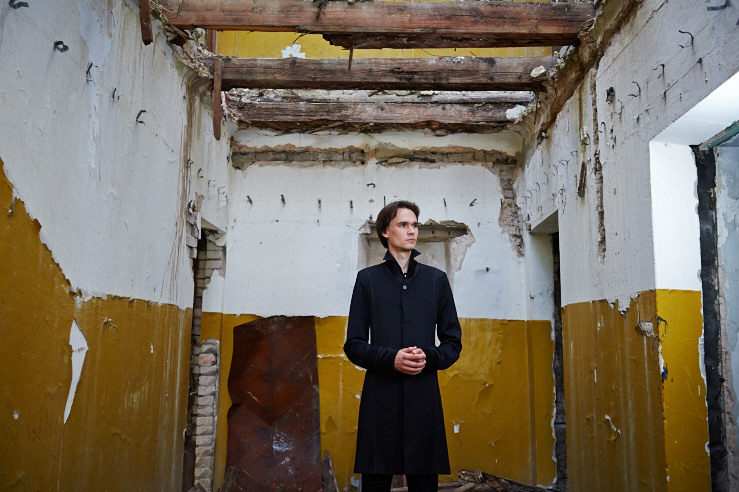
Mihkel Poll, fot. Kaupo Kikkas
A.K.: You frequently perform with your sister Mari, who is a violinist. Don’t you think that nowadays playing music together in a family circle or with friends, even if they are not professional musicians, is something unpopular? Or maybe it doesn’t concern families of musicians?
M.P.: Nowadays when everyone can listen to music from CD-s or from the internet there is less necessity to play live music at homes. I think that it is a very nice tradition though. Although me and my sister mostly perform professionally, we sometimes still just sight-read music or play pieces through for ourselves.
A.K.: What – in your opinion – does a child benefit from a contact with musical instruments?
M.P.: A lot! There are different studies made about how playing an istrument influences the development of a child. It is proved that playing an instrument is one of the most effective ways to develop the brain. Music and arts enrich one’s emotional world, the way he experiences life.
A.K.: You performed during this year’s ‘La Folle Journee’ Festival in Warsaw, where you featured works by George Enescu, Tõnu Kõrvits and Béla Barók. The idea of the Festival is to bring people – who are not frequent visitors at concert halls – closer to classical music, to familiarize them with the works of world composers? How do you assess the idea of the Festival?
M.P.: I believe that it is a good idea. What a performer can do is to give his best on the stage so that people would like to come to a concert again.
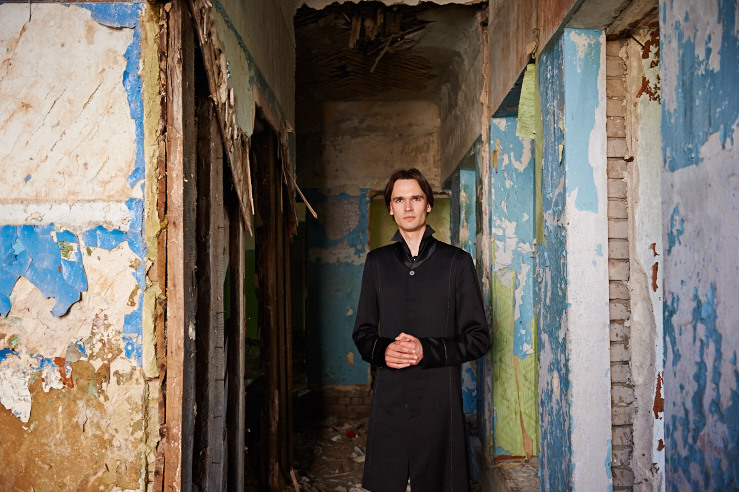
Mihkel Poll, fot. Kaupo Kikkas
A.K.: Do you have any idea, how to make people interested in classical music? Or maybe nowadays we observe a decline in interest and classical music is soon to become a relict, something redundant?
M.P.: I believe that as long as people have desire to experience beauty, depth of feelings and thoughts there will always be interest in classical music. The same way as people will always like to look at beautiful paintings or great cathedrals.
A.K.: People often feel barriers connected with going out to a concert – like problems with proper understanding of pieces, especially contemporary ones, a distance between the artist and the audience. Do you find similar barriers from your side as a musician?
M.P.: I think that when people want to listen to music, there are no barriers. Music as I see it is an emotional art, you do not have to be a musicologist to understand and love for example Chopin’s music.
A.K.: Thank you for the interview.
[youtube_sc url=48RCGKdoiZg]




